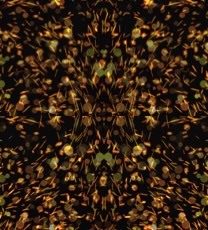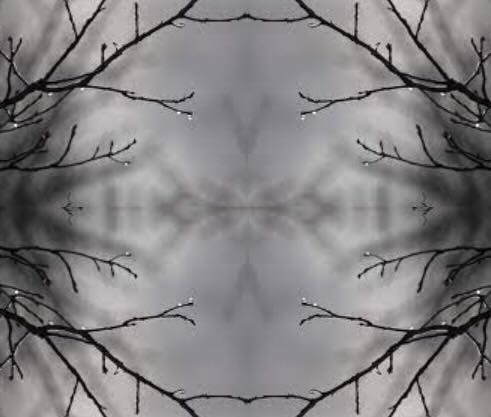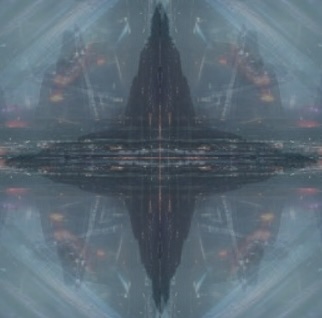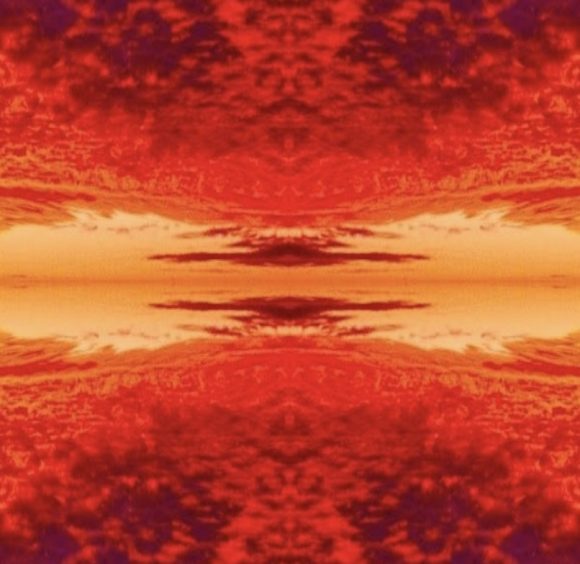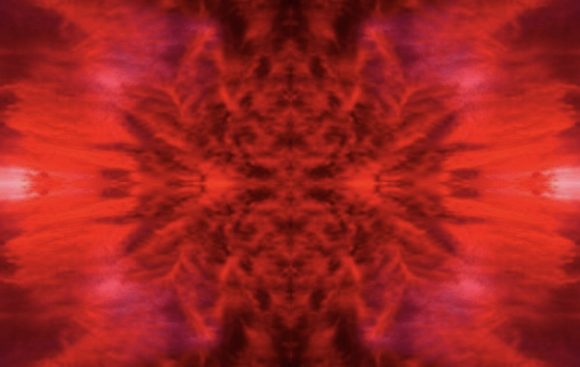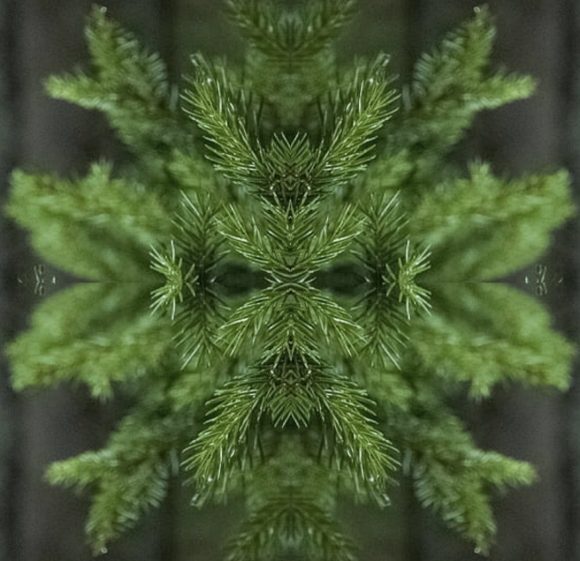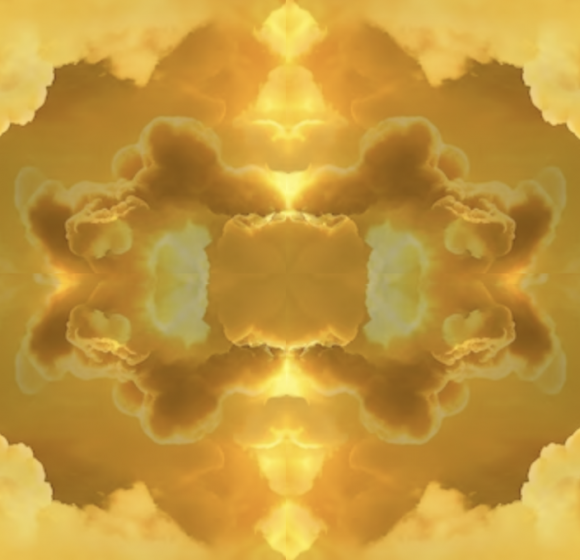
What makes Jungian thought, although it is generally called “psychology”, really a philosophy of the unconscious are its speculative mode and its central idea: that our own psychological life is not transparent to us. The latter means that our thoughts, emotions, intuitions, memories, phantasies, and intentional behaviors — all of our psychological life — can at times be triggered or shaped by...

